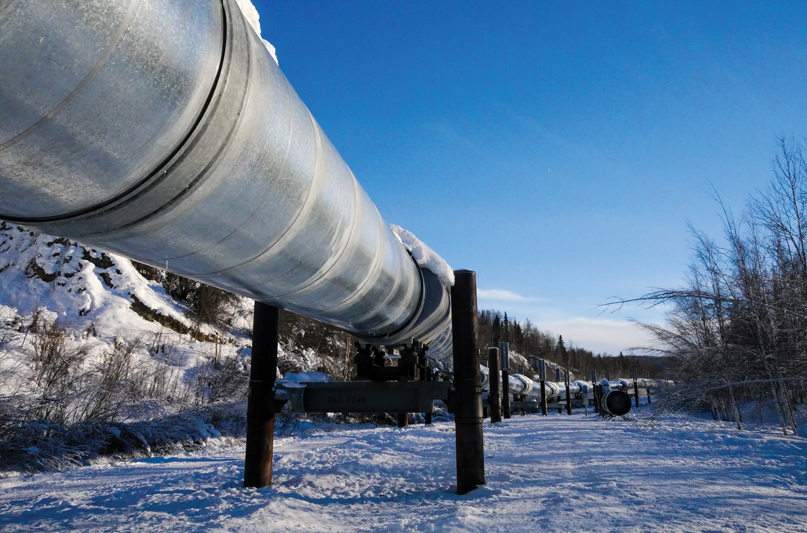 Due to concerns over the risk of oil spills in Washington waters, the Washington Department of Ecology is directing the operators of the Canadian Trans Mountain Pipeline to add further detail to their oil spill protocols. Sixty-four miles of pipeline run through areas of Washington that are possibly vulnerable to oil spills. The pipeline is owned by the government of Canada and operated by Trans Mountain Pipeline LLC.
Due to concerns over the risk of oil spills in Washington waters, the Washington Department of Ecology is directing the operators of the Canadian Trans Mountain Pipeline to add further detail to their oil spill protocols. Sixty-four miles of pipeline run through areas of Washington that are possibly vulnerable to oil spills. The pipeline is owned by the government of Canada and operated by Trans Mountain Pipeline LLC.
An oil spill plan was submitted earlier this year, and after review by Ecology, the company is now being instructed to add further detail to the plan.
Trans Mountain Pipeline LLC has 60 days to elaborate on how they would respond to the spill of heavy oil that could sink to the ocean floor, what species are most vulnerable to oil spills, and how the spill could affect those species. Their revisions must include the initial steps they would take after a spill is discovered, and who would be the emergency contacts in case of a spill.
“We expect Canada to adhere to the high standards Washington has worked so hard to achieve that protect our environment, economy, and the health of our communities,” said Dale Jensen, manager of Ecology’s Spill Prevention, Preparedness and Response Program. Ecology received 14,000 public comments after their review of the response plan.
Most comments were concerned about the company’s ability to respond to heavy oil spills, and the risk posed to vulnerable species like the Southern Resident Killer Whales. Many comments were concerned about the expansion of the pipeline on the Canadian side of the border, although that is outside of the scope of the Department of Ecology. Questions can be directed to the Ecology headquarters at 360-407-6000.